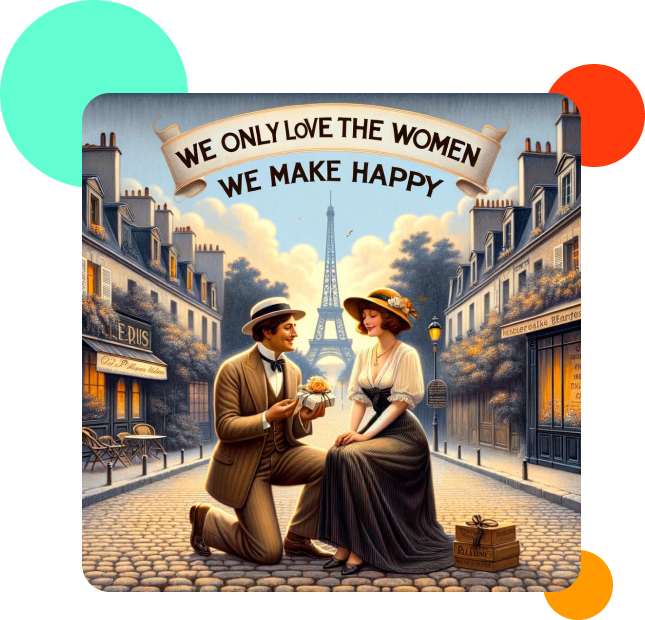To visually represent the French quote “Prouver que j’ai raison serait accorder que je puisse avoir tort” without using words, I will create an image that captures its metaphorical essence. This quote translates to “Proving that I’m right would admit that I could be wrong,” suggesting a paradox where the act of proving oneself right inherently acknowledges the possibility of being wrong.
For the image, let’s depict a balanced scale, a classic symbol of judgment and evaluation, where on one side there’s a bright light bulb (symbolizing a “right” or “correct” idea) and on the other side, there’s a faint or slightly dimmed light bulb (representing the “wrong” or “incorrect” idea). The scale is perfectly balanced, indicating that the weight of being right is equally matched by the potential to be wrong. This imagery encapsulates the quote’s essence, demonstrating the delicate balance between right and wrong and the acknowledgment that asserting one’s correctness also opens the door to the possibility of error.
This metaphorical representation highlights the complexity of truth and perspective, suggesting that the pursuit of proving oneself right is inherently tied to the humility of recognizing one’s fallibility.
